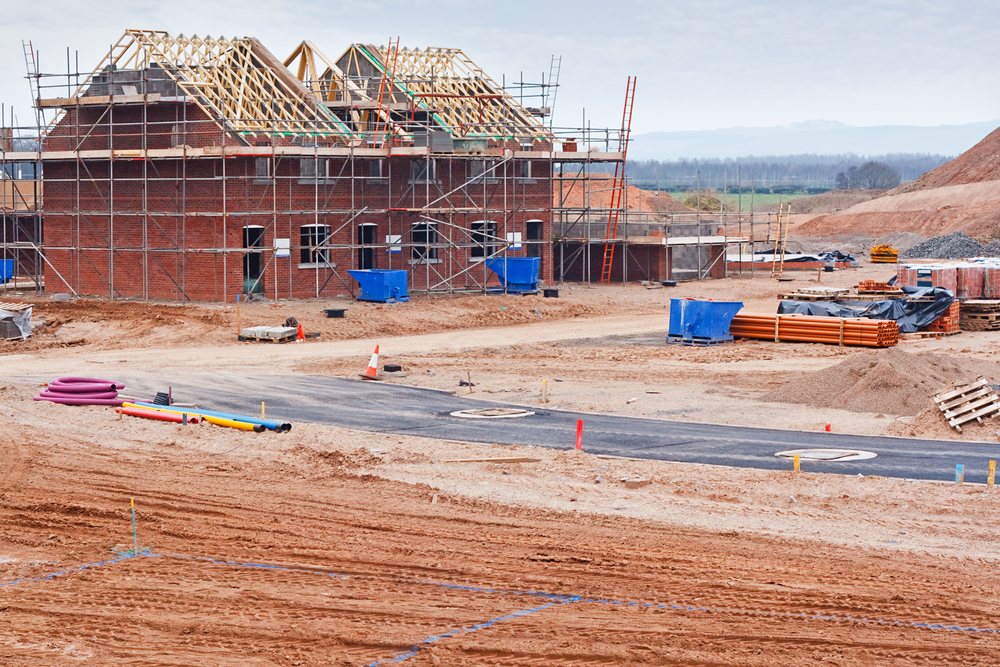
The ‘wettest July in a decade’ is being blamed for overall construction dipping.
The latest data from ONS shows construction output fell by 0.5% in July following a 1.6% increase in June.
The decrease in monthly output came solely from a 1.3% decrease in repair and maintenance, with new work increasing just 0.1% on the month.
ONS says evidence suggested heavy rainfall and lower-than-average temperatures in July lead to delays in planned work.
It says that ‘additional evidence indicated a continued slowdown in the housing sector’.
Alongside the monthly decrease, overall construction output was also flat in the three months to July 2023.
This came from a 0.3% increase in new work in the quarter, offset by a 0.4% decrease in repair and maintenance.
Beard Construction finance director Fraser Johns says: “With the UK seeing the wettest July for more than a decade, it should come as no surprise to see overall construction output take a dip.
“The continued slowdown in the housing sector is certainly helping to skew the entire industry picture, as both private housing repair and maintenance, and new work continue to face sustained pressure.
“Although only marginally, it is a positive to see new work increasing – not just in the month, but in the three months to July.
“It’s a reminder that while some sectors are facing real challenges, others are opening up with clients continuing to find their confidence.”
He adds that while Beard has seen signs of improvement in recent months, especially with inflation easing and the stabilisation of supply and costs, the industry as a whole ‘remains very volatile, with the picture changing from month to month’.
Property and construction consultancy McBains’ managing director Clive Docwra says: “Following the positive June figures which showed a return to growth after two successive monthly falls in output, the construction sector will feel it’s back to square one with today’s news.
“Longer term, high mortgage rates are still denting demand for new homes, reflected by the continued sluggish performance in volume housebuilding.
“My guess is that we could see more private housebuilders forging closer partnerships with local authorities and housing associations to pursue mixed tenure models such as social housing and shared ownership, which are less impacted by volatility in the wider property market.”



